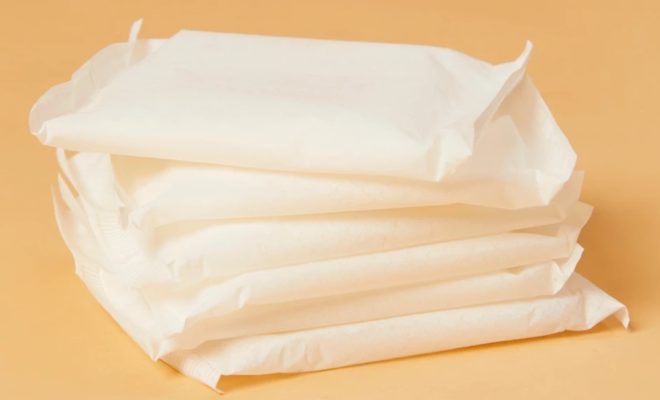
The Difference Between Organic and Synthetic Pads
Organic feminine hygiene products, such as biodegradable pads and tampons, have been available commercially for over 30 years. However, with more women taking a holistic approach to not only their own health but that of the environment as well, these organic products have recently increased in popularity.
Experts agree that organic cotton tampons and pads represent a better and healthier option for women to use during their periods. However, they do come at an increased price. Some women may wonder what exactly the differences are between organic and synthetic pads and whether the former are worth the cost. If you have questions in that regard, read on.
1. Infection Risk
Use of feminine hygiene products, particularly tampons, is associated with a rare but potentially life-threatening bacterial infection resulting in Toxic Shock Syndrome. Experts disagree about the risk of developing TSS from organic period products. Some say the risk is about the same, while others argue that using organic products decreases the TSS risk slightly compared with synthetic products.
2. Dryness/Absorbency
When using organic pads, some women report more noticeable wetness compared with synthetic pads, prompting them to change pads more often than they would otherwise. This may lead you to believe that organic pads are less absorbent than synthetic ones, but that is actually not true.
In fact, organic pads offer comparable absorbency to synthetic pads, but they absorb more slowly. Synthetic pads often contain a superabsorbent chemical called sodium polyacrylate that absorbs on contact and holds hundreds of times its own weight. Unfortunately, under certain circumstances, such as inhalation, it is also highly toxic.
3. Breathability
Synthetic pads contain significant amounts of plastic. This helps to prevent leaks, but it can also trap moisture close to the skin. This can contribute to dermatological complaints, such as allergic reactions or skin irritation. Organic pads keep you dry by locking away menstrual fluid in an absorbent cellulose core. At the same time, they allow your skin to breathe with a soft cover made from organic cotton.
4. Eco-Friendliness
If you are looking for a way to help the environment, adopting organic cotton pads and/or tampons is a good place to start. Unlike synthetic products, organic pads are made from biodegradable materials that won’t build up in a landfill. Furthermore, the manufacture of period products from organic cotton produce 94% less greenhouse gas emissions and use 71% less water.
5. Chemicals
Synthetic pads and tampons are often bleached with toxic chemicals such as chlorine bleach. The risk is that when such products are placed in or near the vagina, they may permeate the skin and enter the body. Organic pads and tampons are not made with any of these potentially harmful chemical ingredients, so there is no risk of exposure via the vagina.
6. Softness
There is a natural softness to organic cotton that synthetic products cannot duplicate. This is especially noticeable when comparing organic and synthetic pads. The surfaces of the latter are frequently perforated for faster absorbency, making them less soft and bumpier to the touch.
By most objective measures, organic period products offer several distinct advantages over their synthetic counterparts. Some stores in your community may offer them, or you can order them online.


You must be logged in to post a comment Login